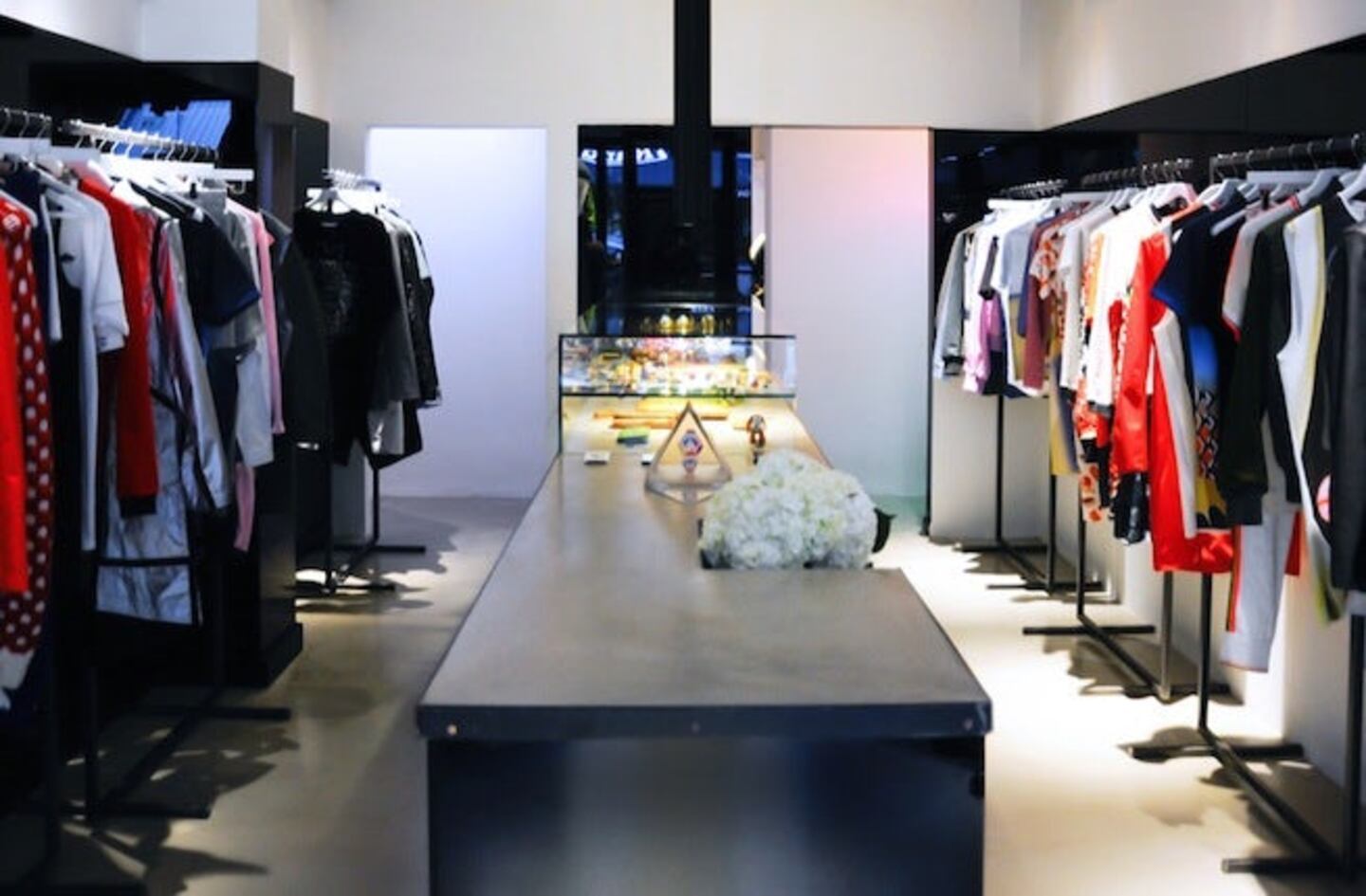
The Business of Fashion
Agenda-setting intelligence, analysis and advice for the global fashion community.

Agenda-setting intelligence, analysis and advice for the global fashion community.

Tomorrow, a brand accelerator, distributor and consultancy for independent brands, has taken a majority stake in the London designer boutique Machine-A. The shop’s founder Stavros Karelis will stay on as buying director, while Tomorrow’s Alessandra Rossi will take over as CEO with an eye to revamping its direct-to-consumer business and long-term growth strategy.
Located in Soho, Machine-A’s concept store has positioned itself as a champion for young designers and creative labels, stocking Martine Rose, White Mountaineering, Y/Project and Richard Quinn.
Machine-A currently operates its e-commerce business through a partnership with Showstudio, the content agency founded by photographer Nick Knight.
”The retail, wholesale and digital models are continuing to merge, and this is an exciting time for the industry,” Tomorrow chief executive Stefano Martinetto said in a statement. “We will work together with Stavros and the team to ensure that the brand curation continues to reflect the Machine-A values of inclusivity and gender fluidity.”
The Covid-19 crisis has made going it alone even harder for high-potential young labels. Brand platforms offer cash and critical operational support.

Robert Williams is Luxury Editor at the Business of Fashion. He is based in Paris and drives BoF’s coverage of the dynamic luxury fashion sector.
The rental platform saw its stock soar last week after predicting it would hit a key profitability metric this year. A new marketing push and more robust inventory are the key to unlocking elusive growth, CEO Jenn Hyman tells BoF.
Nordstrom, Tod’s and L’Occitane are all pushing for privatisation. Ultimately, their fate will not be determined by whether they are under the scrutiny of public investors.
The company is in talks with potential investors after filing for insolvency in Europe and closing its US stores. Insiders say efforts to restore the brand to its 1980s heyday clashed with its owners’ desire to quickly juice sales in order to attract a buyer.
The humble trainer, once the reserve of football fans, Britpop kids and the odd skateboarder, has become as ubiquitous as battered Converse All Stars in the 00s indie sleaze years.